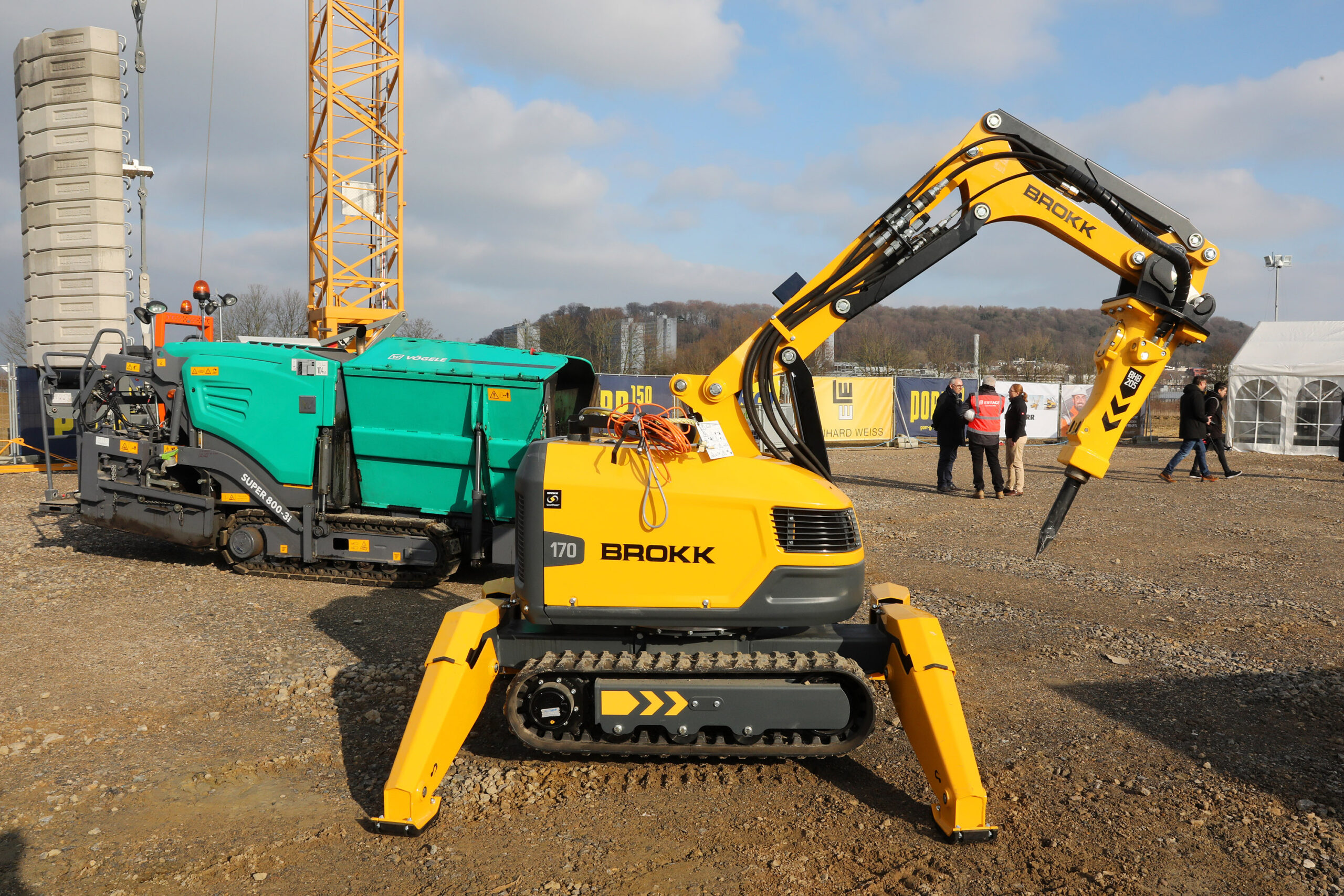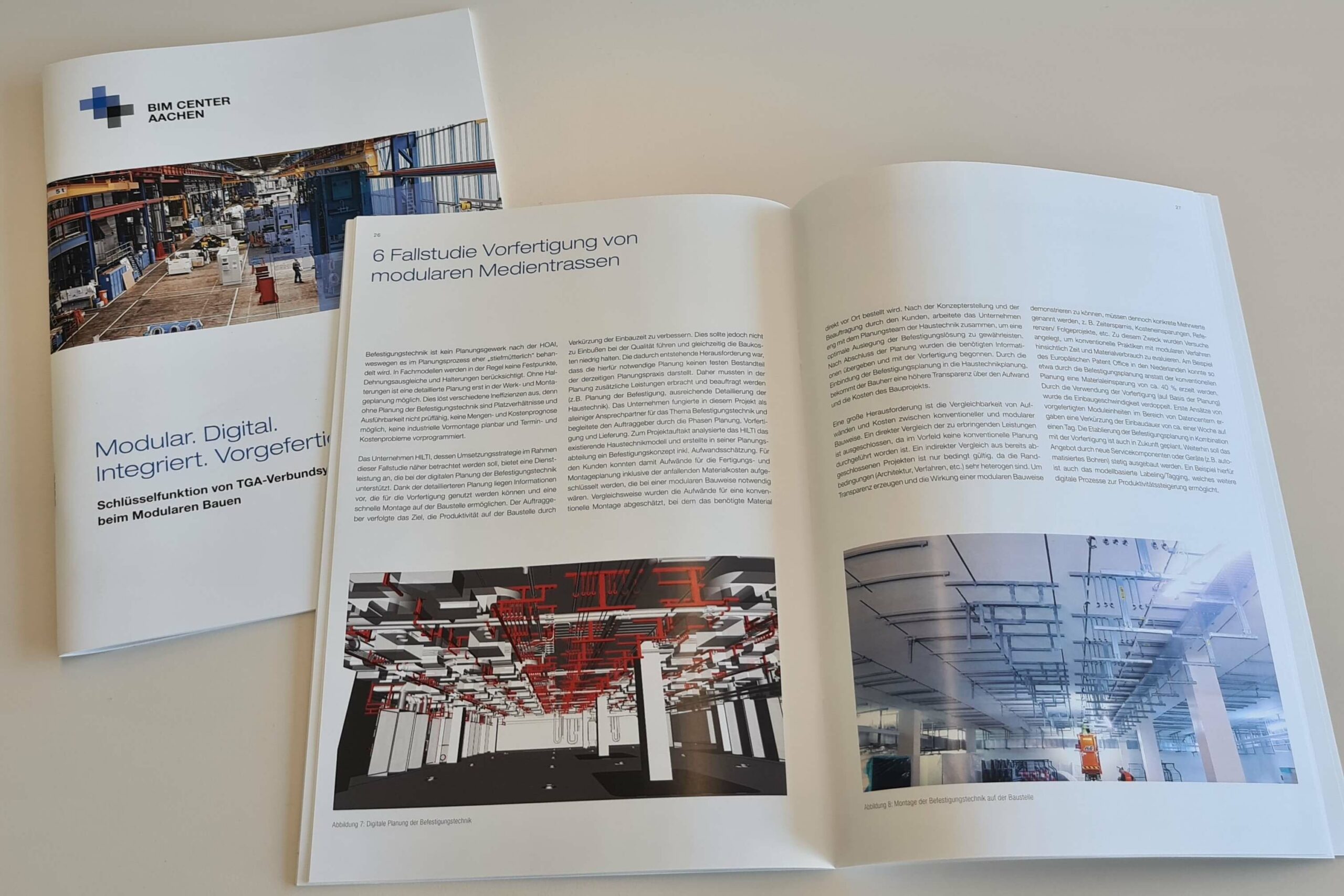Construction 4.0
Digitization and automation in the construction industry offer a multitude of opportunities: higher productivity and profitability, better construction site processes and lower throughput times with less effort on the construction site and in the offices. The Construction Cluster is tackling this challenge in a wide variety of construction scenarios in order to achieve the next leap in quality and actively shape the future of construction.
Industrialization for efficient on-site implementation
The solution approaches in the Construction Cluster pave the way for an industrialization of the construction industry. Building adaptations to changing living conditions – triggered by climate change, demographic change, urbanization, scarcity of resources, etc. – can be implemented quickly and efficiently. The individual processes involved in construction are taken into account across all construction phases in a digital overall plan. This is becoming increasingly important for all those involved – architects, engineers, construction companies and builders – due to the growing complexity of tasks and the wide range of requirements.

Campus GmbH/Steindl
RWTH Aachen University is temporarily making a 10,000 m² area available to the Center Construction Robotics on Campus West for research regarding the construction site of the future by means of digitalization. In this reality laboratory, new construction processes and products, networked machines, the implementation of robots, software solutions as well as teaching, working and communication concepts are tested under real construction site conditions.

Campus GmbH
The members of the Center Building and Infrastructure Engineering (CBI) – leading modular construction manufacturers as well as RWTH experts – developed the practical guide for fire protection verifications in modular construction in cooperation with the Ministry for Regional Identity, Communities and Local Government, Building and Gender Equality of the Land of North Rhine-Westphalia (MHKBG NRW).

Campus GmbH
In the whitebook of the BIM Center Aachen, market and case studies, benefit analyses, production processes, implications from public procurement law and practice as well as technological solution requirements are discussed. The results show how prefabricated TGA composite systems can contribute to modular construction.